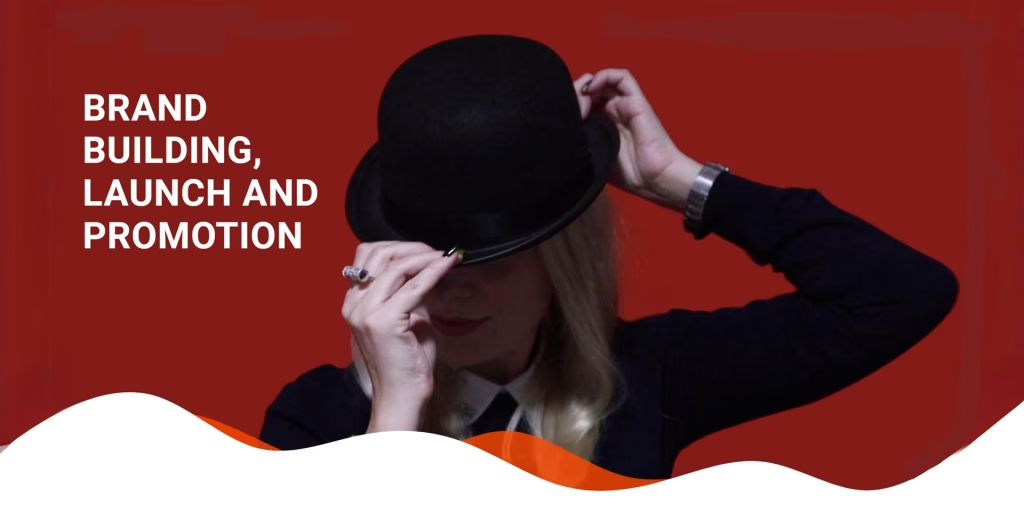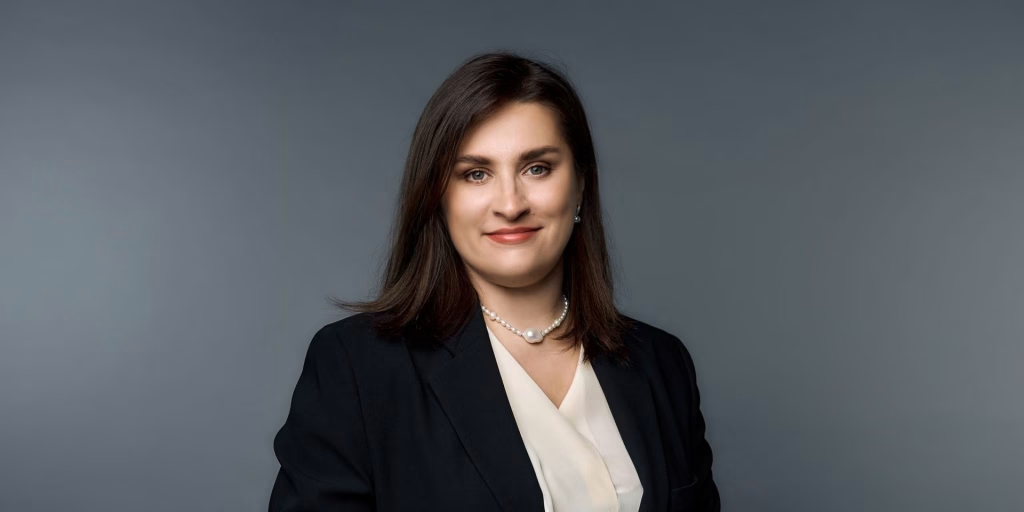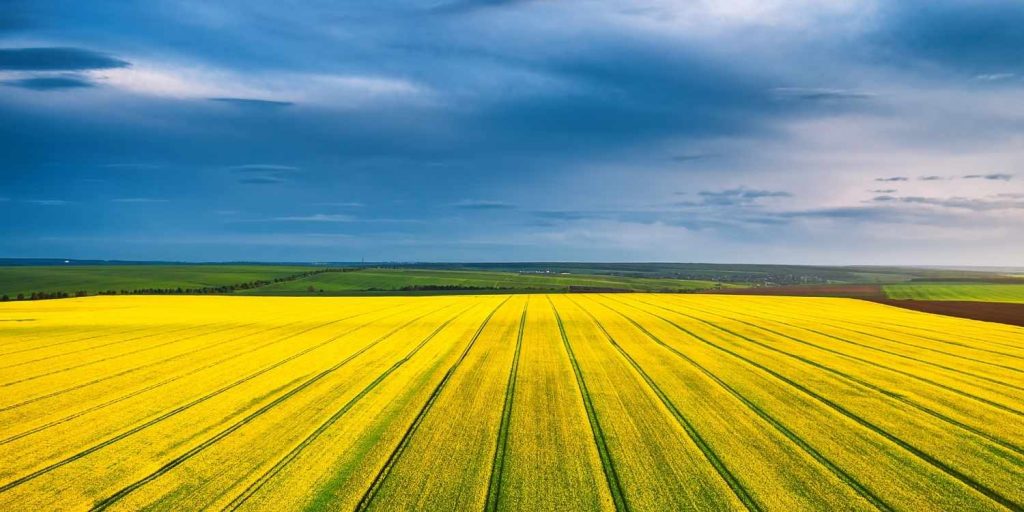
‘Agriculture is not just about crops—it’s about people who love what they do’
Oksana Antonova built a career in agricultural market research during Ukraine’s turbulent economic transition. Now as CEO of AgriStatis, she leads research across three countries while navigating war and uncertainty with remarkable resilience.
For Oksana Antonova, with a background in economics during Ukraine’s post-Soviet transition, entering agricultural market research was, she admits, “not something I could have imagined during my university studies”.
“When I was finishing my studies at the Economics University, I could not have imagined that I would end up in market research, especially in such a niche area,” she says. “To be fair, during my studies at the Economics University in the early nineties, more emphasis was placed on subjects like political economy.”
It was an unexpected offer from Kleffmann Group, an international market research firm specialising in agriculture, that set her on this path. The opportunity was intriguing enough that she pursued a second degree in marketing to complement her economics background.
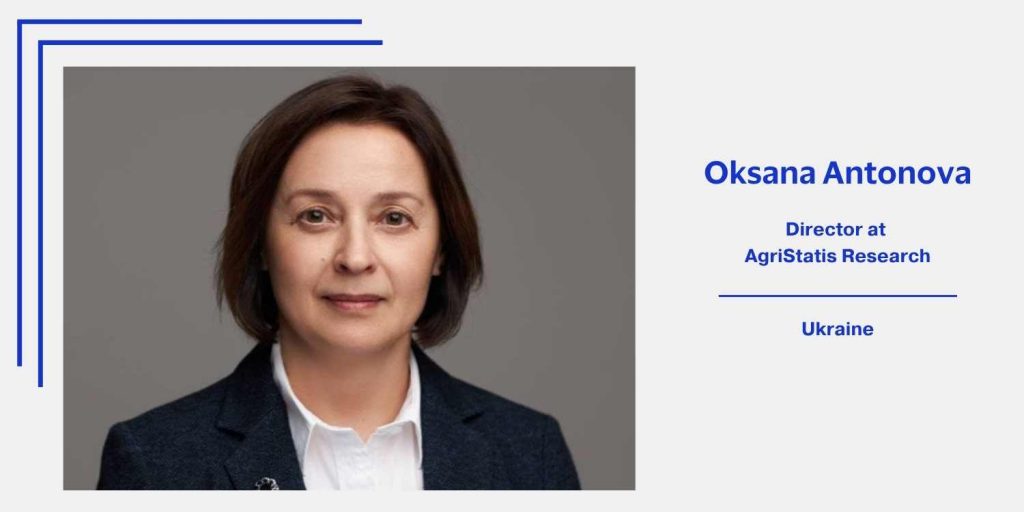
“At the time I received an invitation to join Kleffmann Group, my understanding of market research was rather limited,” Antonova explains. “Since the offer from Mr Kleffmann was extremely intriguing to me, I continued my education and obtained a second degree in marketing.”
Learning through international experience
The years at Kleffmann Group provided Antonova with formative professional experiences that would later prove invaluable.
“Kleffmann Group gave me invaluable experience in international cooperation, exposure to different cultures, and colleagues with whom I still maintain relationships,” she says. “I cannot say that the journey was easy, but, as the saying goes, what doesn’t kill us makes us stronger,” she adds.
When organisational changes came to Kleffmann—merging with another company followed by restructuring—Antonova found herself at a crossroads. The decision to start her own business wasn’t carefully planned but rather a spontaneous response to changing circumstances.
“I cannot claim that starting my own business was a deliberate decision—it was more of a spontaneous and emotional choice prompted by circumstances,” she admits.
Rising through adversity
The timing for launching a new business could hardly have been worse. AgriStatis was born in the aftermath of Covid-19 pandemic lockdowns, only to face even greater challenges with Russia’s invasion of Ukraine.
“Agristatis represents a journey through thorns to the stars. The stars are close, but we’re still on the way,” she says with a smile. “The launch of my business coincided with the post-lockdown period, and then the war began.”
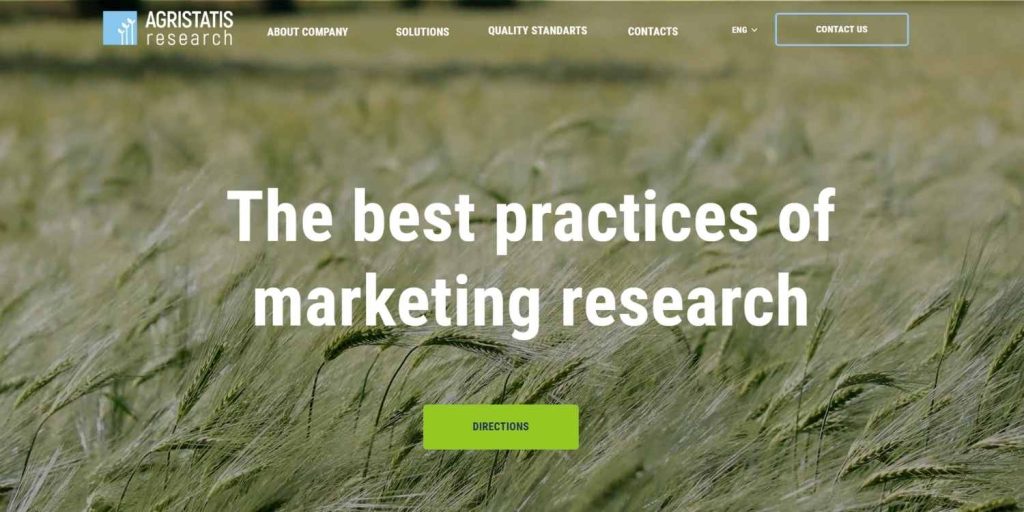
Despite these extraordinary challenges, Antonova has built AgriStatis into a growing competitor in the agricultural research markets of three countries: Ukraine, Moldova, and Kazakhstan, with operations in Uzbekistan as well.
“Despite the circumstances being against us, we continue on our chosen path. Not everything comes easily, but thanks to a team of like-minded individuals and the support of our clients, our business is growing,” she explains.
What makes this growth particularly impressive is the lack of corporate backing that her previous employer enjoyed.
“We are already competing with my former employer in the research market of three countries, even though we lack the resources of an international corporation or access to financial institutions for investments,” Antonova points out. “What we have now is focused hard work and strong mutual connections.”
Breaking ground in agricultural research
The agricultural sector might not seem glamorous to outsiders, but Antonova sees beyond common misconceptions.
“Working in the agricultural sector might seem boring and uninspiring to someone who has never left the boundaries of a big city. However, once you broaden your horizons, you discover that agriculture is not just about milking cows and harvesting crops—it’s about technology, risk, experience, failures, triumphs, and most importantly, it’s about people who love what they do. This passion is indispensable in agriculture.”
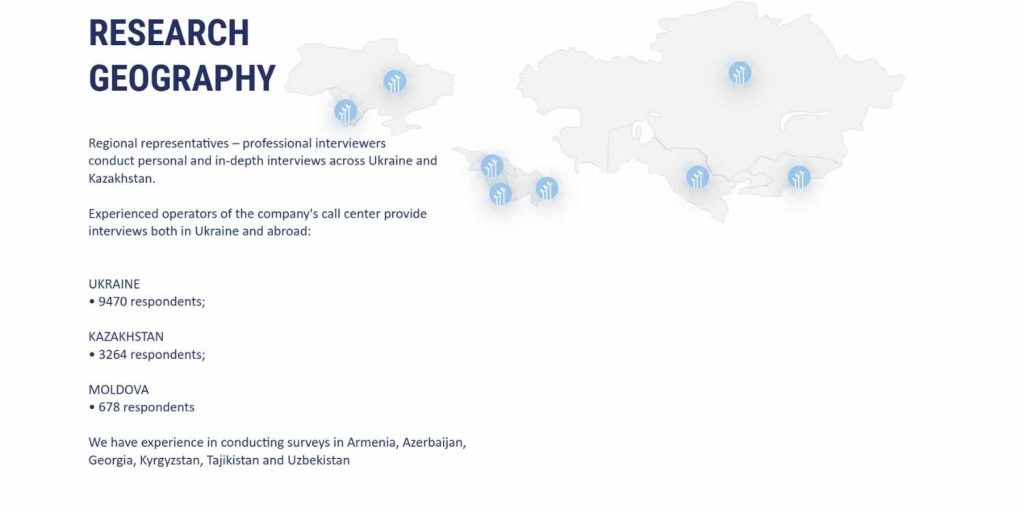
For Antonova, who works primarily in business-to-business research, relationships remain at the heart of agricultural work.
“Throughout my career in the field of market research, I have learned a lot about people for whom working in agriculture is a source of inspiration. Even though I work in the B2B sector, everything in agriculture is fundamentally based on relationships between people.”
Navigating unique challenges
Operating in a traditionally male-dominated field while breaking new ground in research methodology created distinctive challenges for Antonova.
“One of the biggest challenges was working in a niche market like agricultural research, where clients often had deeply entrenched expectations and traditional methods,” she explains. “It required persistence and creativity to convince them of the value of innovative approaches and data-driven insights.”
Gender dynamics added another layer of complexity to her professional journey.
“Building credibility wasn’t an easy task in an industry where tradition and male networks are influential. However, focusing on excellence, authenticity, and creating meaningful relationships was key. By demonstrating expertise, reliability, and passion for my work, I’ve earned the trust of stakeholders and proven that commitment to results speaks louder than stereotypes.”
Perhaps the greatest test came with Russia’s invasion of Ukraine, which disrupted business operations and created extraordinary uncertainty.
“The war brought immense uncertainty, yet it underscored the importance of adaptability and solidarity within our team,” Antonova reflects. “Despite logistical challenges, shifting market dynamics, and emotional toll, we’ve managed to persevere through mutual support and creative problem-solving. It taught me that resilience is not just about surviving but about finding ways to grow, even amid adversity.”
Despite operating under challenging conditions, AgriStatis maintains ambitious plans for expansion.
“Agristatis is a small company with big ambitions,” Antonova states confidently. “Among our ambitious plans are expanding the geography of our research, developing proprietary analytical tools for data analysis, and obtaining international recognition of our achievements with a quality management certificate.”
Advice for women entrepreneurs
Drawing from her experiences navigating both corporate structures and entrepreneurship during turbulent times, Antonova offers guidance to women entering similar fields.
“Don’t let preconceived notions about the industry discourage you. Agriculture and market research are fields of innovation, strategy, and impactful relationships,” she advises. “Cultivate confidence in your abilities, invest in continuous learning, and embrace collaboration as a strength. Bold ideas and dedication can set you apart.”
She believes women bring particular strengths to agribusiness that deserve recognition.
“Women often excel in building trust-based relationships, fostering collaboration, and bringing empathy to leadership—all of which are critical in agribusiness,” Antonova observes. “Their ability to balance emotional intelligence with analytical skills brings a unique perspective, often leading to more sustainable decisions and meaningful client connections.”
When asked what resources have proven most valuable throughout her career, she emphasises both human connections and technological tools.
“Networks of like-minded professionals—both women and men—have been invaluable in providing mentorship, shared knowledge, and moral support. Tools such as analytical software and platforms for remote collaboration have been game-changers for staying competitive. Above all, adopting a growth mindset and willingness to embrace challenges have fuelled my progress.”
Her most poignant advice reflects on embracing both failure and opportunity:
“I wish someone had told me not to fear failure. Each setback is a stepping stone to invaluable lessons. Also, it’s okay to embrace spontaneity in decision-making—sometimes passion-driven risks lead to the most rewarding outcomes. And never underestimate the power of a strong network; relationships often open doors you didn’t even know existed.”
New Free Courses — Made for Ambitious Women Entrepreneurs!
It’s time to grow smarter, adapt faster, and take your business global.
Explore two powerful courses available exclusively to She’s Next members:
The Reinvention Masterclass for Start-up Founders
Beyond Borders: Building for Global Success
Enroll today — it’s free!

